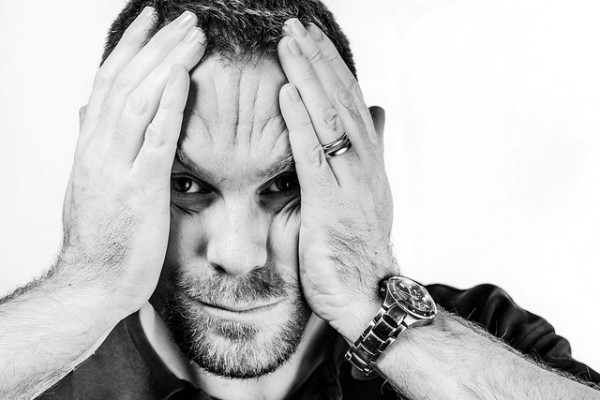Depression More Common Among Unemployed: Survey

Depression is more prevalent among unemployed Americans, according to a recent survey.
The Gallup-Healthway Well-Being Index conducted telephone interviews of nearly 356,599 American adults of whom 18,322 were without jobs for a long period to assess their state of wellbeing. The reports revealed about 10 percent of the respondents who were unemployed for three to five weeks mostly sought treatments for mental distress and depression. The depression rates increased to 17 percent for people who didn't work for about six months or a year. The figure rose to 19 percent among those who had been employed for than 52 weeks.
The findings suggest unemployed citizens are twice susceptible to depression than people with full-time jobs with depression rates of 12.4 and 5.6 percent, respectively. The statistical data provided by the Bureau of Labor Statistics showed 18 percent of those who were unemployed for a long time or worked for less than 27 hours a week were depressed.
It is known financial burden and social pressures can give rise to a list of mental illnesses and disturbances. To battle social stigma and make ends meet, people go to any lengths to get a job. This can result in physical consequences, poor health conditions and depression. The researchers believe patience and enthusiasm in job seekers go down due to lack of opportunities. The longer they are unemployed, higher their stress and depression levels.
A 2012 research by the economist Rand Ghayad found that many employers were keen on hiring candidates without job experiences or those who were without jobs for less than six months. The authors add the chances of bagging a job are slim for people who are less optimistic and happy.
A total of 81.1 percent of individuals who were unemployed for more than six months or less, reported having a better mental status after finding a job. But only 70 percent of long-term unemployed respondents laughed about their past struggle.
These findings emphasize on the need to improve employment conditions and health strategies to minimize the negative repercussion of depression and unemployment.
Jun 10, 2014 12:12 PM EDT





